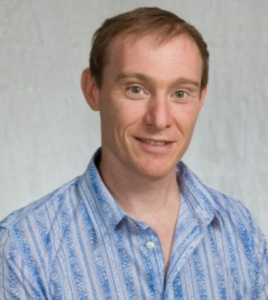Talk 3: Mapping Connections in the Classroom: Inter-student Connectivity Modelled from Physiological Arousal States

Speaker: Professor Ross Cunnington, Science of Learning Research Centre, Queensland Brain Institute, and School of Psychology, University of Queensland, Brisbane, Australia
Time: 09:00-13:00, 21 July 2016
Venue: Lecture Theater 1, Meng Wah Complex, HKU
When people are commonly engaged or responding emotionally to the same event, their physiological arousal states tend to mirror each other. There has been some interest in mirror neurons or neural mirroring processes in education, whereby the brain states of an observer mirror the same brain states of the person being observed. Such mirroring processes are thought to underlie our ability to share emotional responses or understand intentions of a person with whom we are interacting. We have been examining synchrony in physiological arousal levels between students in school classrooms by measuring electrodermal activity with wireless wristbands. We model correlations in arousal levels over time between all possible pairs of students to produce connectivity maps of each class. We then use graph metric analyses to show how inter-student connectivity changes when the students are engaged in small group learning activities compared with whole-class teaching.


